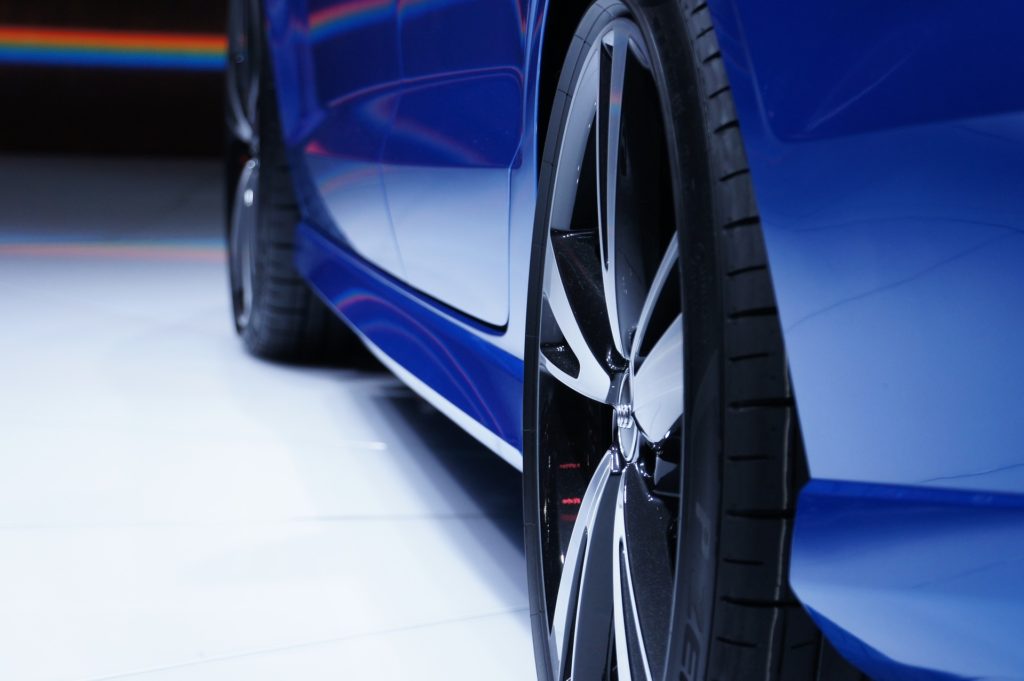Reconditioning threatens the structural integrity of your wheels.
If you are not familiar with wheel reconditioning, it is a process of using various tools and methods to try to repair a damaged wheel, instead of replacing it entirely. Some methods include welding, re-plating, or reshaping the wheel.
When it comes to wheel reconditioning, Audi has issued a position statement explaining why they do not accept wheel reconditioning in any vehicle repairs.
Here’s what they state:
“Reconditioned wheels will not meet the exacting specifications of genuine Audi wheels and are not an acceptable method of repair on any Audi vehicle. A reconditioned wheel, or any wheel not approved by Audi, may cause unsafe vehicle operation and performance, including loss of control which may result in injury or death of the vehicle occupants or other drivers.”
Audi is saying that it is dangerous to take chances with your wheels. After all, they are the only parts of the vehicle that actually make contact with the road.
Heating, welding, reshaping, and other methods of wheel reconditioning compromise the structural integrity of these essential parts.

What wheel repairs are approved by Audi?
While wheel reconditioning is not approved of by Audi, certain wheel repairs are permitted:
“Audi approves only wheel repairs which are limited to surface sanding and cosmetic refinishing that removes and replaces only paint coatings. Any wheel near the area of a vehicle sustaining collision damage should be thoroughly examined to ensure that it is without damage.”
Basically, only superficial cosmetic adjustments are allowed, since they won’t jeopardize the integrity of the wheel structure.
If the wheel is damaged beyond minor cosmetic issues, then it should be replaced entirely.
Your vehicle won’t pass inspection if welding was used to repair the wheels.
It is important to consider the following:
“The Code of Federal Regulations, U.S. Department of Transportation, contains section 570.10 regarding Wheel Assemblies. Based on section (a) Wheel integrity, state governments which have mandatory vehicle safety inspections require that vehicle wheels do not have any indication of repair by welding.”
Because it is so potentially compromising to a wheel’s structure, a vehicle can’t even pass a safety inspection if welding has been used.

Not all shops follow these recommendations, but we do.
It’s disappointing, but some shops throw caution out the window and continue to practice wheel reconditioning, despite Audi’s clear instructions to avoid it at all costs. They can get away with this because no body shop is actually forced to adhere to a manufacturer’s Position Statement.
At our shop, we strongly believe that there’s no reason to take a chance with your Audi’s repair by cutting corners.
Reconditioned wheels can lead to very dangerous problems down the road. We will always replace your Audi’s wheels entirely if they’ve sustained damage. You won’t have to worry about failing your inspection or having unstable wheels when you bring your vehicle to us.
We will always follow the manufacturer’s recommendation and deliver the best possible repair to our customers.
